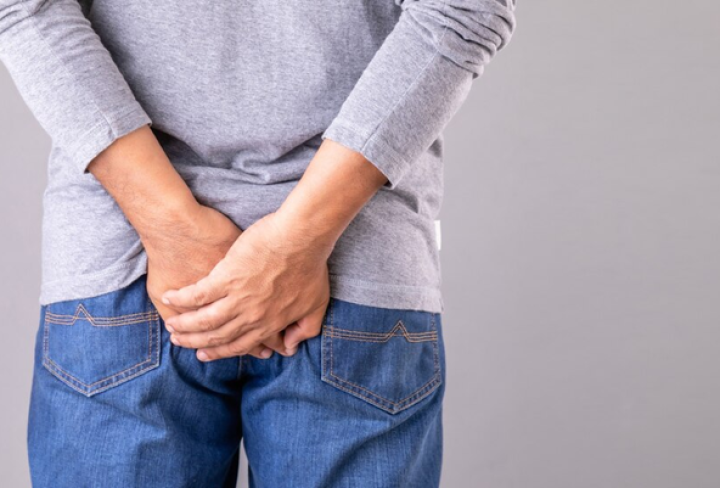(Tear in the lining of the Anus)
An anal fissure is a tear in the lining of the anus or anal canal (the opening through which stool passes out of the body). The fissure can be painful and may bleed.
Anal fissures can be caused by trauma to the anus and anal canal. The trauma can be caused by one or more of the following:
- Chronic (long-term) constipation
- Straining to have a bowel movement, especially if the stool is large, hard, and/or dry
- Prolonged diarrhea
- Anal sex, anal stretching
- Insertion of foreign objects into the anus
Causes other than trauma include:
- Longstanding poor bowel habits
- Overly tight or spastic anal sphincter muscles (muscles that control the closing of the anus)
- Scarring in the anorectal area
Symptoms:
Symptoms of Anal Fissures
The most common symptom of an anal fissure is a sharp, stinging, or burning pain during bowel movements. Other symptoms may include:
- Bright red blood on the stool or toilet paper after a bowel movement
- Pain that persists for several hours after a bowel movement
- Itching or irritation around the anus
- A visible tear in the skin around the anus
- A lump or skin tag near the tear in the skin
Diagnosis:
Diagnosis of an anal fissure typically occurs during a physical examination. The doctor will likely look for a tear or split in the anal skin and may also use a gloved finger to inspect the area. In some cases, an anoscopy may be done to examine the area more closely. If the fissure is severe or does not respond to conservative treatments, a colonoscopy or proctoscopy may be recommended to rule out other causes of rectal pain and bleeding.
Treatment:
Treatment of anal fissures Treatment for anal fissures typically includes lifestyle changes such as increasing dietary fiber and drinking plenty of fluids, as well as topical medications such as lidocaine ointment or cream to help relieve pain. Other treatments may include sitz baths, stool softeners, and analgesics. In some cases, surgery may be necessary to correct an anal fissure.


